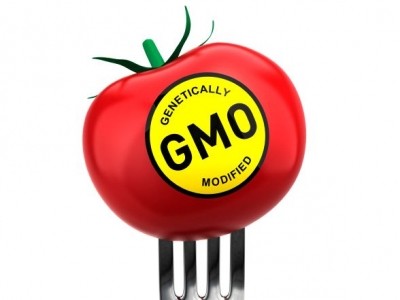Are all-natural claims losing their luster?

Speaking at the 7th annual Food Technology & Innovation Forum in Chicago yesterday, Mintel innovation & insight director Lynn Dornblaser said that natural claims featured on 14% of new product launches in the US in 2010.
In 2012, that number had dipped to 12%.
There is some consumer fatigue around ‘natural’
While not a huge shift, it is perhaps an indication that natural claims are not quite as sexy as they used to be, she said.
“There is some consumer fatigue around ‘natural’, and we are starting to see companies home in on some more specific claims instead.”
But she added: “We’ve also seen that since 2010, there has been a drop off in no additives/preservatives claims, organic claims and vitamin/mineral fortified claims.”
Meanwhile, growth in several other claims - from ethical to plus or minus claims, functional claims and ‘suitable for’ claims - has also "flattened out" since 2010, she added.
However, there has been growth in some specific functional claims in areas such as heart and digestive health.
Four key consumer trends…
The bulk of her presentation focused on four key consumer trends:
Wellness is inescapable: Wellness is about spiritual and emotional wellbeing as well as healthy food, said Dornblaser. As such, a premium Kroger private label mac & cheese product (‘wholesome at home’) fits in very neatly with this concept.
Is it good for you? Maybe not in the strictest sense (it’s not low in calories, fat, or sodium), but is it about ‘wellness’ in a broader sense? You bet, she said. It’s comforting and wholesome, and it makes you feel good.
Mainstreaming natural: While all natural claims might have dropped off a little, she said, consumers still equate natural with healthy, while the pressure to ‘clean up’ labels is as strong as ever.
The authenticity of where: Provenance is key, but it doesn’t have to be about ‘local’ food. What matters is that you know where your product comes from and you tell consumers about it, whether it’s from the Amazon or your local farmer, said Dornblaser.
Access anything, anywhere: Companies need to think more creatively about how to tap into the next generation of smart-phone equipped, on-the-move consumers, said Dornblaser, whether it’s by adding QR codes to products enabling shoppers to access key information about your wares in real time as they shop, or by offering novel ways to shop online.
One very interesting example of this is attempts by Tesco in South Korea and PeaPod in Chicago to create virtual stores on the walls of railways stations or tunnels, where commuters can browse through pictures of products, scan the QR codes with their smart phones as they walk past, and get them delivered by the time they arrive home that night.
Click here to read more about the 2013 Food Technology & Innovation Forum, which is organized by WTG Group.











